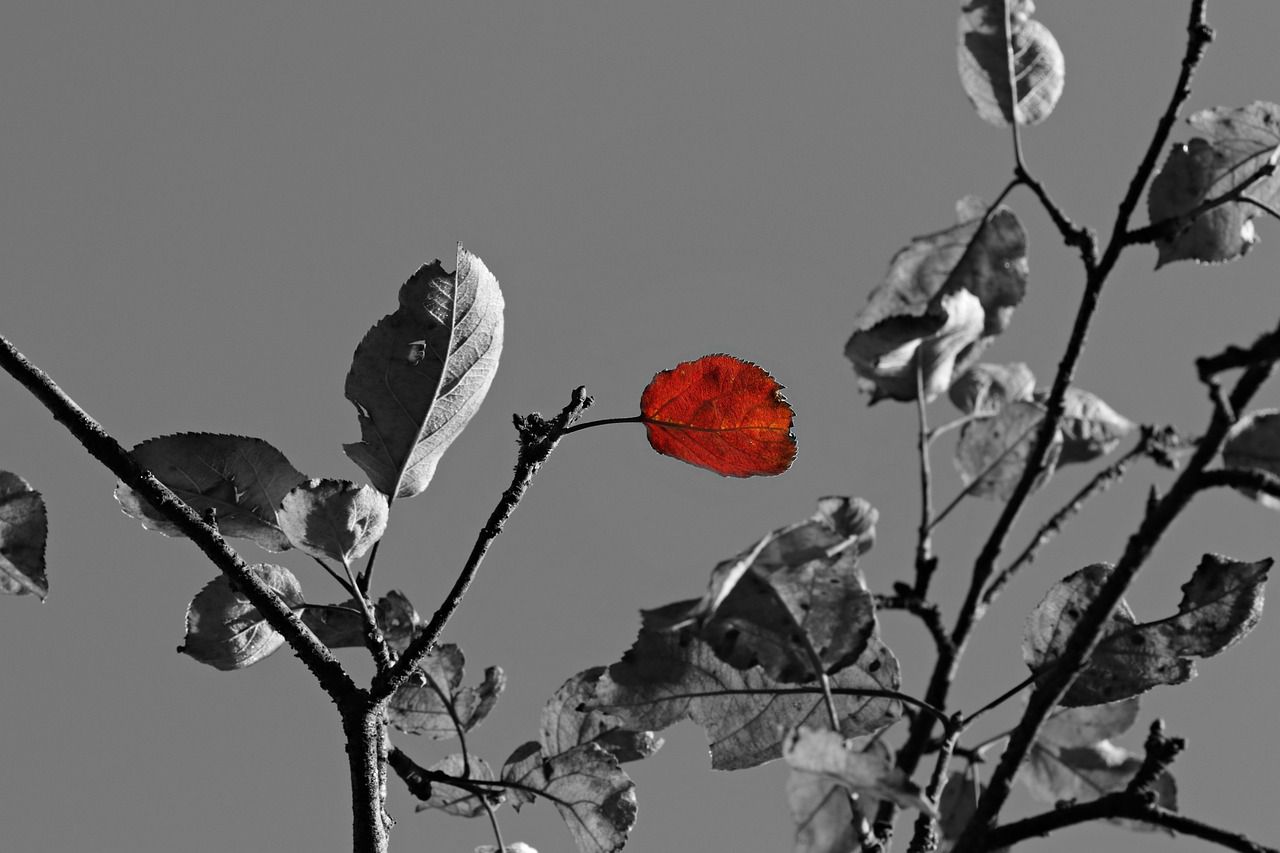Why apple trees die: The main reasons why the apple trees in your garden might die
Fruit trees can sometimes live for decades and bear fruit regularly, or they can suddenly die, seemingly for no reason.
Most fruit trees, including apple trees, are potentially vulnerable to some factors.
Here are some of them.
Disease and pests
Apple trees are susceptible to various diseases and pests that can weaken or kill the tree.
Common diseases include apple scab, fire blight, powdery mildew, and root rot.

Pests such as apple maggots, aphids, mites, and borers can also cause significant damage to the tree if not properly managed.
Poor soil conditions
If the soil in the garden is of poor quality, lacks essential nutrients, or retains excessive moisture, it can negatively impact the health of the tree and eventually lead to its death.
Improper planting or care
Incorrect planting techniques, such as planting the tree too deep or not providing adequate spacing, can hinder the tree's growth and survival.
Inadequate watering, overwatering, or insufficient pruning can also contribute to the decline and death of an apple tree.
Environmental factors
Extreme weather conditions, such as severe frost, hailstorms, or prolonged drought, can stress apple trees and make them more vulnerable to diseases and pests.
Age and maturity
Like all living organisms, apple trees have a natural lifespan.
As they age, their overall health and vigor decline, making them more susceptible to diseases and less capable of withstanding environmental stressors.


